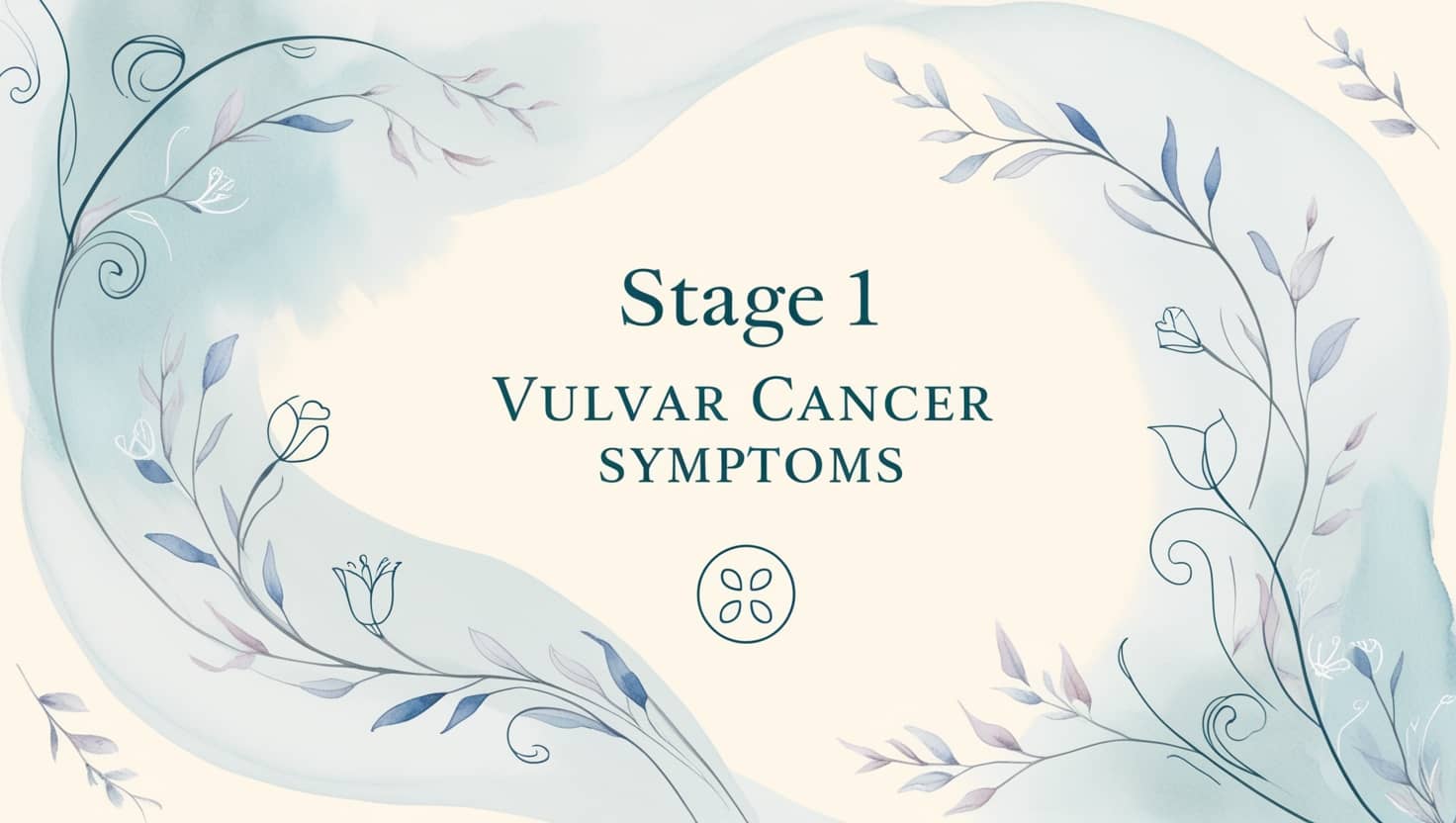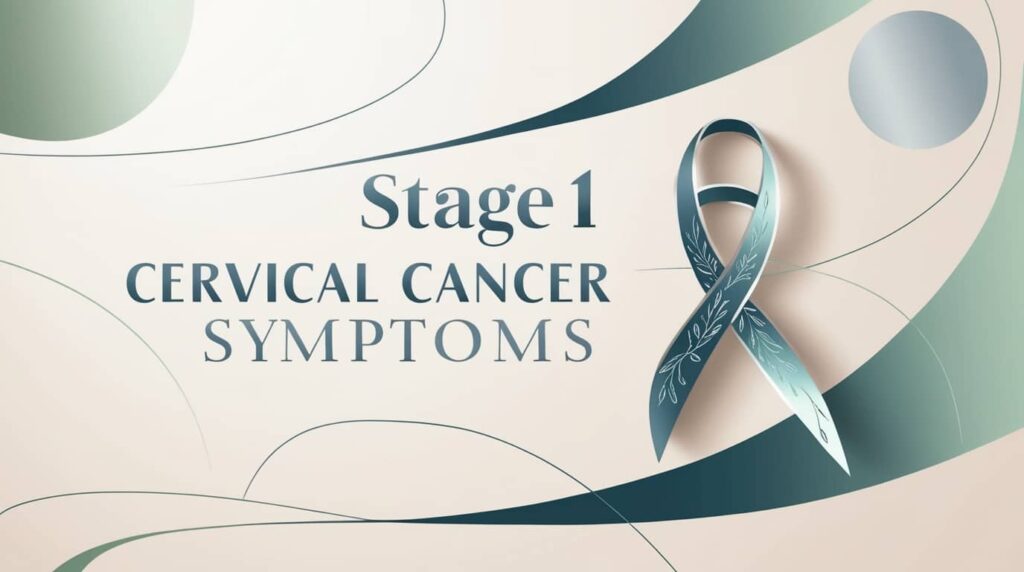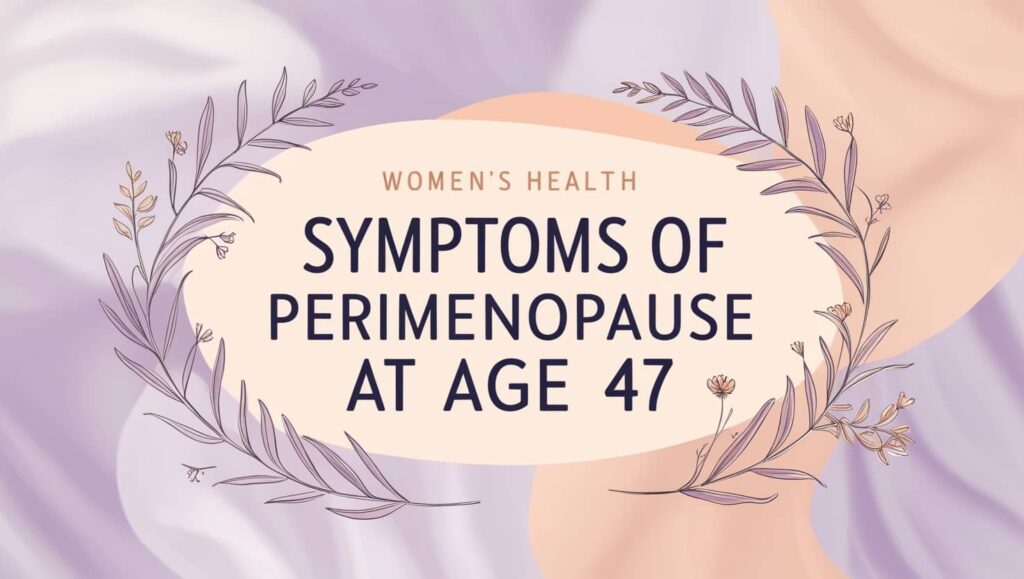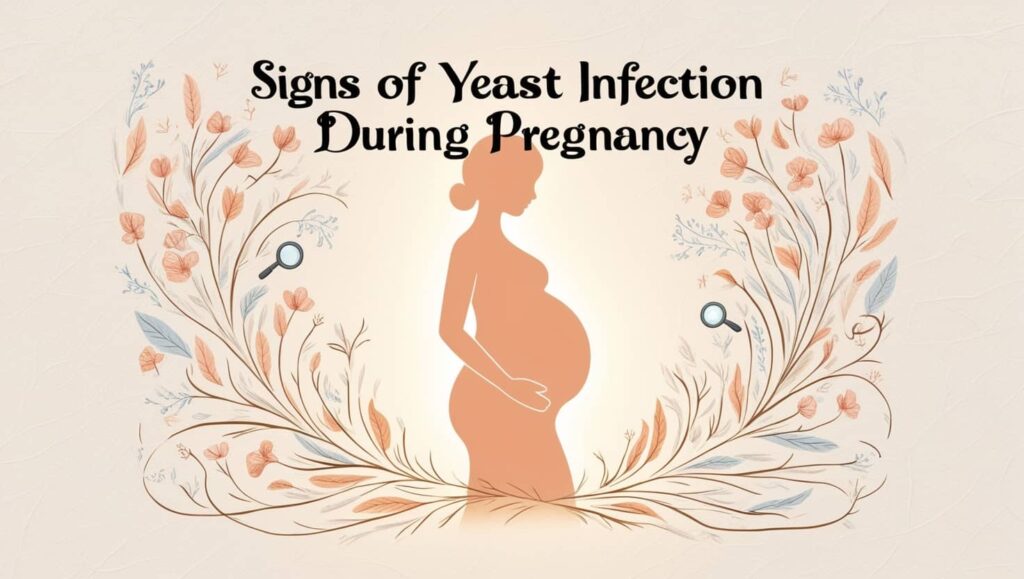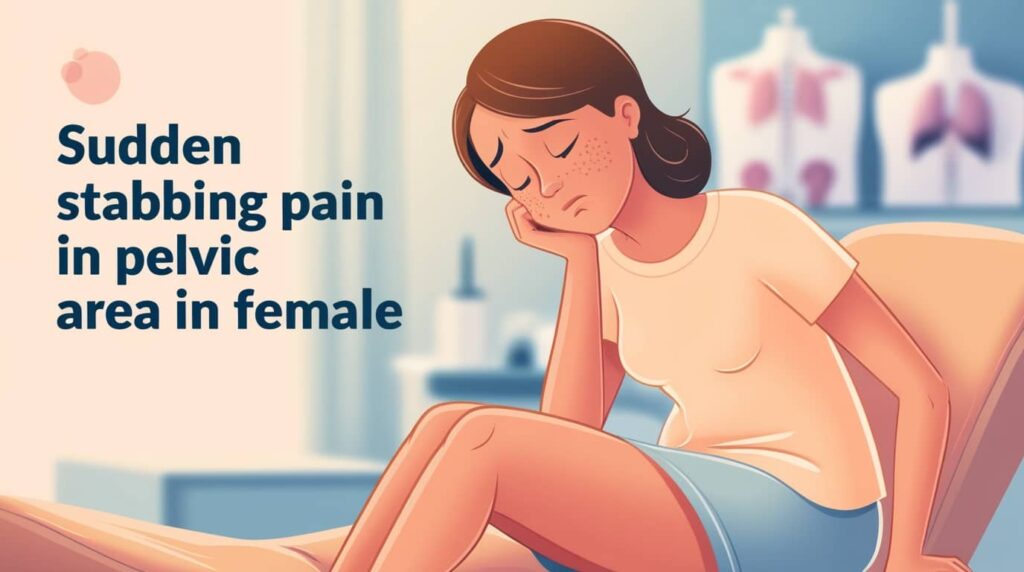Vulvar cancer is an uncommon condition that affects some of the tissues of the female reproductive system, such as the inner and outer lips of the vagina, the clitoris, the tissues surrounding the vaginal opening and the urethra.
Stage 1 Vulvar Cancer Symptoms include sores that do not heal, bleeding and discharge that is not part of the menstrual cycle, warts, bumps with a rough surface, pain and discoloration of the outer part of the vagina.
Common Symptoms of Early-Stage Vulvar Cancer
Stage 1 Vulvar Cancer Symptoms may include:
- Changes in the skin of vulva that appear redder, whiter, or darker than usual and may be thicker or raised.
- Lumps or sores in your vulva, wart-like growths, or an open sore that doesn’t heal.
- Bleeding from your vulva or blood-tinged vaginal discharge outside of your menstrual period.
- Pain in your vulva, especially when you urinate or have sex.
- Itching in your vulva.
- Blood, pus, or other discharge from a sore or lesion.
- Enlarged lymph nodes in groin that feel hard or swollen.
- Fatigue and loss of energy.
- Loss of appetite and unintentional weight loss. (CDC, n.d.)
Identifying Stage 1 Vulvar Cancer Signs
Stage 1 vulvar cancer symptoms and signs include:
- Itching, burning, or pain in the vulva
- Pain and burning when peeing.
- Bleeding or blood-tinged discharge between periods
- A wart-like growth or open sore on the vulva
- Skin changes in the vulvar area that may be thicker, change color, or have raised patches
- A mole on the vulva that changes shape or color.
- Enlarged lymph nodes in the groin area. (NHS, n.d.)
Other symptoms a woman may experience include:
- Nausea and vomiting
- Fever
- Difficulty healing wounds
- Anemia
- Swelling in the legs
- Blood clots
- Difficulty urinating
- Constipation
- Pain or weakness in the legs
The most common type of vulvar cancer is squamous cell carcinoma of the vulva, which is often treated with surgery.
Read Also: Stage 1 Cervical Cancer Symptoms
Early Detection of Vulvar Cancer: What to Look For
The most important thing you can do is to do regular checkups, especially home checkups, and notice any changes that may occur in your body. Early detection of diseases, including vulvar cancer, can greatly improve your chances of recovery.
You should always pay attention to the following:
- Changes in the appearance of the skin, where you notice spots that are different in color from the surrounding areas.
- The appearance of lumps or bumps that resemble warts on the vulva area.
- Abnormal bleeding that is not related to the menstrual cycle.
- Changes in the appearance of moles, where they are likely to appear larger or change in color.
- Constant itching or burning sensation in the vulva area.
- Feeling pain and discomfort during urination or sexual intercourse.
You can also have a regular check-up with a gynecologist, and you should not hesitate to seek medical help if you feel any of the symptoms mentioned above.
Diagnosis
Early detection of vulvar cancer is done through the following tests:
- Pelvic exam.
- Pap smear.
- Colposcopy.
- Biopsy.
- MRI scans, or CT scans.
Treatment
- Surgery: The doctor removes the cancerous tissue.
- Chemotherapy and radiation therapy: The doctor may consider these treatments depending on the stage of the disease.
References
- CDC. (n.d.). Retrieved from Symptoms of Vaginal and Vulvar Cancers
- NHS. (n.d.). Retrieved from Vulval cancer


